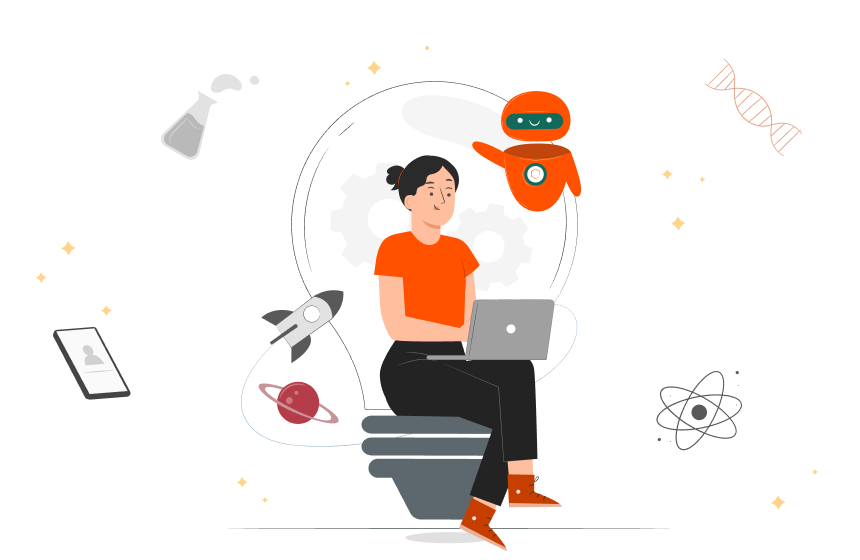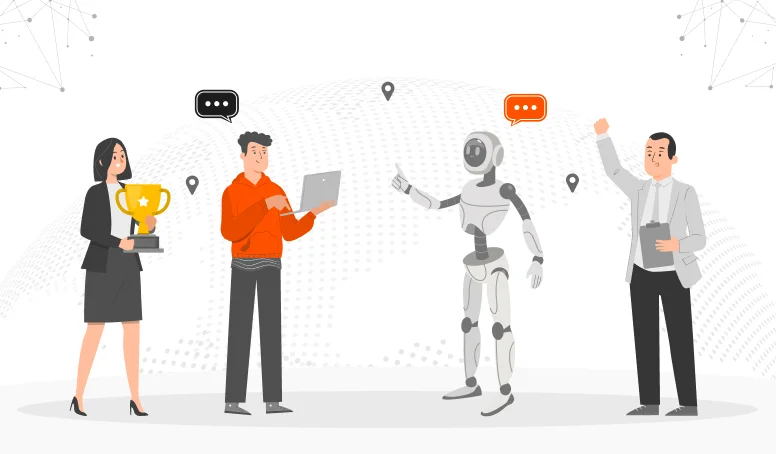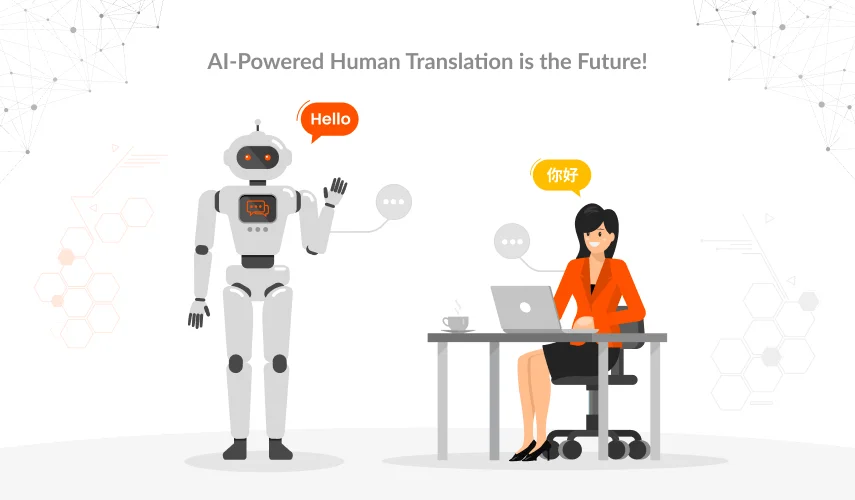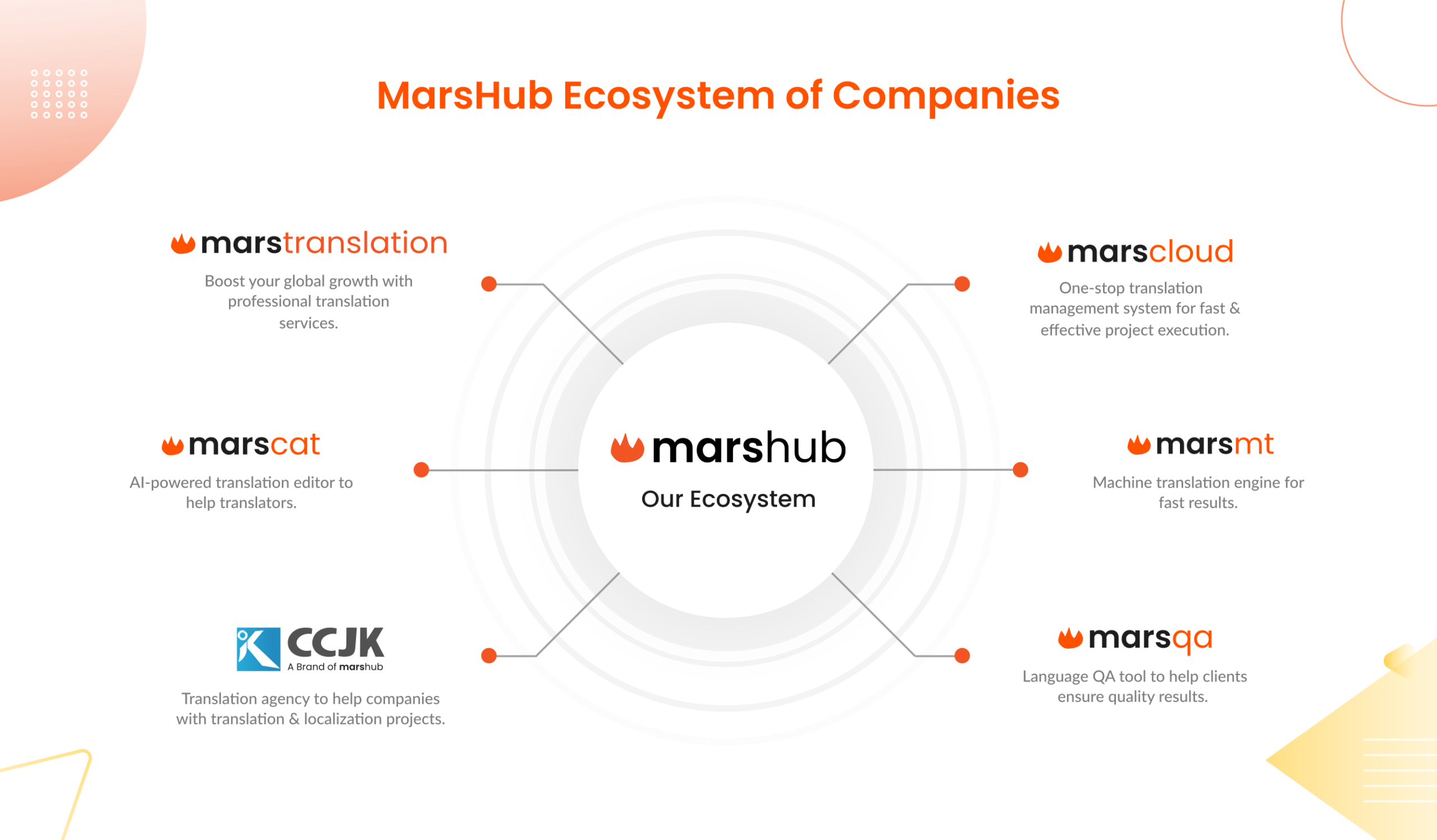Recently, we have seen ChatGPT emerge as a revolutionary technology that has great potential to transform the way we work, communicate, and run businesses. With its advanced AI features, ChatGPT offers a lot of business benefits, from seamless customer service to streamlined operations. However, just like any other technology, ChatGPT also poses threats, including potential cybersecurity risks and the possibility of job displacement. Here we will try to get a better understanding of how this groundbreaking technology is going to influence the business world, global economy, and job markets as a whole.
Whether it is improving customer service, enhancing productivity, or providing personalized education and healthcare, the opportunities presented by ChatGPT are immense, and it is up to us to harness its potential for the greater good.
In this article, we will thoroughly analyze the business opportunities, threats, and future implications of ChatGPT, and explore how this technology is shaping our world.
About ChatGPT
ChatGPT – What It Really Is?
ChatGPT is a language model created by OpenAI. Essentially, it is a computer program designed to understand human language and generate human-like responses.
To achieve this, it has been trained on vast amounts of text data from the internet, books, and other sources, using a technique called deep learning. This has allowed it to learn patterns and relationships between words and phrases, which enables it to generate responses that are similar in tone and content to what a human might say.
As a language model, it can answer questions, have conversations, and even generate creative writing like poems or stories. It is constantly learning and improving as it is fed more data, so it may become even better at understanding and generating language in the future.
How Does It Work?
To put it simply, ChatGPT works by using a deep learning algorithm to analyze vast amounts of text data and learn how words and phrases relate to each other.
When a user inputs a question or statement, ChatGPT uses NLP techniques to break down the input into its constituent parts, such as words, phrases, and grammar. It then uses its neural network to analyze this information and generate a response that is similar in tone and content to what a human might say.
The more data ChatGPT is trained on, the better it becomes at understanding language and generating responses that are more relevant. It means it can continue to improve as it’s exposed to a wider range of language use cases.
Businesses Opportunities of ChatGPT
1. Seamless Customer Service
With ChatGPT, businesses can develop chatbots that can provide 24/7 customer service without requiring human intervention. This saves businesses time and manual effort and provides customers with quick, efficient, and personalized responses to their queries. According to a survey conducted by Drift, 55% of respondents said they would prefer interacting with chatbots for simple inquiries. Additionally, 40% of respondents said they didn’t care if the customer service representative was human or not.
2. Development Tool
You can also use ChatGPT to develop coding tools to make the development jobs easier and less time-consuming. Developers can get assistance from ChatGPT on coding. They may ask questions about programming errors, and receive suggestions on best practices. Software companies can train their development models on a specific programming language using ChatGPT with a good understanding of natural language. It will significantly optimize the development experience and help developers perform better. Codex is also a great example of an AI coding assistant built on the same technology used in ChatGPT
3. Support Content Writers
ChatGPT can be used to support writing jobs such as creating summaries or generating content ideas. It will help writers improve their work by suggesting suitable sentence structures and providing grammar corrections. According to a survey conducted by Hubspot, 70% of marketers are actively investing in content marketing. It means that there will be a demand for high content volumes in the future. Using ChatGPT, writers can effectively manage a large amount of content in less time.
4. Research Complication
ChatGPT can also assist with research work by generating drafts of long articles, translating documents, and identifying relevant resources. It can save researchers a lot of time, effort, and resources while providing them with the information they need to make informed decisions. According to a report by Global Market Insights, the research and development outsourcing market is projected to reach $57.8 billion by 2026.
5. Instant Translations
ChatGPT technology helps develop chatbots that can provide quick translations in different languages. Global businesses can also use them to smoothly operate in different countries or have a diverse customer base. It’s stated in research conducted by Statista, that the global market size of the language services industry was valued at $53.5 billion in 2019 and is projected to reach $70.3 billion by 2025. This way, ChatGPT can help global businesses meet the growing demand for translation services. If you are looking for a quick enterprise translation solution, you can also consider using ChatGPT.
What are the Possible Threats of ChatGPT?
1. Bias and Discrimination
AI models like ChatGPT are trained on large datasets, and if these datasets are biased, the model will also be biased. It can lead to discriminatory behavior, such as excluding certain groups of people or making unfair decisions. For example, a study conducted by ProPublica found that an AI tool used to predict future criminal behavior was biased against black people. Similarly, you may also notice a biased response from ChatGPT about different political narratives such as homosexuality, abortion legalization, and gender identity issues.
2. Misinformation and Propaganda
There are likely chances that Chatbots such as “ChatGPT” may spread false information or promote offensive ideologies that will lead to serious consequences. For instance, Microsoft launched a chatbot named Tay in 2016, which was supposed to learn from its online social interactions with Twitter users. Within 24 hours, the chatbot posted many racist messages, and eventually, the company had to shut it down.
3. Privacy and Security
ChatGPT may pose some risks to the privacy and cybersecurity of individuals and businesses. As we know the language model is capable of generating text that is very similar to human-written content, which can make it difficult to detect whether a message is generated by an MT tool or a human. This can lead to phishing attacks or other forms of cybercrime. Additionally, the model may gather and store users’ sensitive information, such as personal details or confidential data.
4. Addiction and Dependency
AI chatbots can be addictive, and users may become overly dependent on them for their everyday needs. It can lead to a loss of social skills and a lack of human interaction, which can have negative psychological effects. A study conducted by the Pew Research Center found that 17% of teenagers in the US are “digital natives,” meaning they spend more than six hours a day online. You never know if, in the future, the employees, CEOs, and managers will become too reliant on AI to make important decisions and perform daily tasks.
5. Job Displacement
Lastly, the use of ChatGPT may lead to the loss of jobs. Chatbots can perform a wide range of tasks, from customer service, and translations to data entry, which may lead to job losses for humans. A study conducted by Forrester Research predicted that by 2021, AI and robotics would replace around a million research jobs.
Is ChatGPT a Threat to Google?
ChatGPT has gained a lot of attention in recent years for its ability to generate human-like text. Google is a dominant player in the tech industry, with a market capitalization of over $1 trillion. Here raises a question, is ChatGPT going to become a threat to Google? Well, we need to consider various factors to figure this out.
1. Search Engine Dominance
Google’s dominance in the tech industry is primarily based on its search engine. This search engine accounts for over 90% of the global market share, making it the go-to search engine for users. While ChatGPT has the potential to answer complex queries, it is not designed to replace search engines. Therefore, it is unlikely that ChatGPT will pose a direct threat to Google’s search engine dominance.
2. AI Capabilities
Google has been investing heavily in AI technology for many years. The company has already come up with BERT, its own AI language model. BERT is used to improve Google’s search results accuracy, and it has been integrated into Google’s other products, such as Google Assistant and Google Translate. ChatGPT is a more advanced AI language model than BERT; however, Google has the resources and expertise to develop its language processing models to stay competitive.
3. Competition in Other Areas
ChatGPT may not directly threaten Google’s search engine dominance, though it competes with Google in other areas. For instance, you can use ChatGPT to develop chatbots for customer service, which may compete with Google’s chatbot services. Additionally, ChatGPT also helps you automate tasks such as data entry and scheduling, which may compete with other Google productivity tools.
4. Strong Partnerships and Collaborations
Google has a vast network of valuable partnerships and collaborations, which gives it a significant advantage in the tech industry. OpenAI, on the other hand, has only partnered with a few leading companies, including Microsoft and IBM, but it still may not have the same level of authority and domination as Google. This could limit the potential impact of ChatGPT on Google’s supremacy in the industry.
Does ChatGPT Pose any Cybersecurity Risks?
1. Phishing Attacks
One potential cybersecurity risk associated with ChatGPT is phishing attacks. Chatbots powered by ChatGPT generate messages that are apparently from a legitimate source, a bank, or a social media platform. These messages can be designed to trick users into revealing sensitive information, such as login credentials or personal details. It can lead to identity theft, financial loss, or other cybersecurity data breaches.
2. Malware Distribution
Chatbots can also be used to distribute malware. Malware can be embedded in links or files sent through chatbots, which can infect the user’s device when opened. Malware is mostly used by hackers to steal sensitive information, such as login credentials or financial data, or to gain unauthorized access to the user’s device or network.
3. Social Engineering Attacks
These attacks involve manipulating individuals into performing actions that are not in their best interests, such as revealing sensitive data or financial fraud. Chatbots can be designed to mimic human behavior and direct users into performing such actions.
Future Implications of ChatGPT in Different Fields
1. Metaverse
The Metaverse is a virtual space where people can interact with each other and digital objects in a fully immersive environment. ChatGPT can be used to provide personalized and engaging experiences by helping Metaverse understand users’ preferences and provide tailored recommendations. It enables an optimized Metaverse experience for users, which has implications for industries such as gaming, entertainment, and social media.
2. Personalized Education
ChatGPT has great implications for the education industry, where it can be used to provide personalized and adaptive learning experiences. AI Chatbots help understand a student’s strengths and weaknesses and provide tailored feedback and support. An e-learning platform used with ChatGPT and a translation management system can be very helpful in providing quick translations of e-learning content.
3. Finance and Marketing
ChatGPT comes with great potential for business owners and markers to make more informed decisions backed by vast data. This tool searches through all the reliable resources to provide you with the most suitable answer to any queries. It will save you time browsing, visiting multiple websites, and reading long journals. Similarly, ChatGPT might get advanced enough to forecast future trends, recognize patterns, and analyze financial information.
Marketers can use the tool to get insights about customers’ buying behaviors and create drafts for marketing campaigns. It will also help them brainstorm innovative marketing ideas through the assistance of ChatGPT.
Final Verdict!
Well, we’ve taken a deep dive into the business opportunities and threats presented by the ChatGPT revolution. From the limitless possibilities of conversational AI to the ethical concerns surrounding privacy and data usage, we’ve explored it all.
But one thing is clear – ChatGPT is here to stay, and its impact on the business world will only continue to grow. So, whether you’re an entrepreneur looking to capitalize on the technology, or a consumer just trying to keep up with the latest trends, it’s important to stay informed and engaged with this revolutionary tool.
So, let’s embrace the future and all the exciting possibilities it holds, while also being mindful of the challenges and responsibilities that come with it. After all, with great power comes great responsibility, and ChatGPT is no exception.



